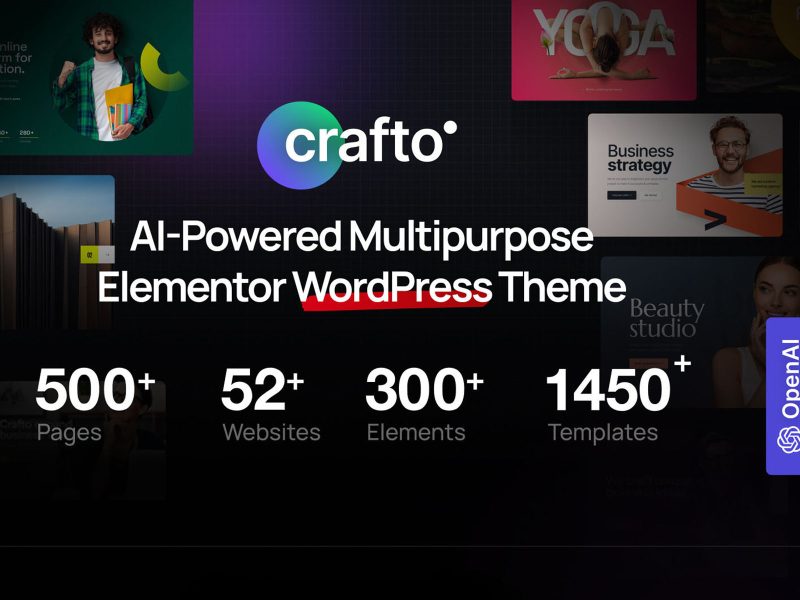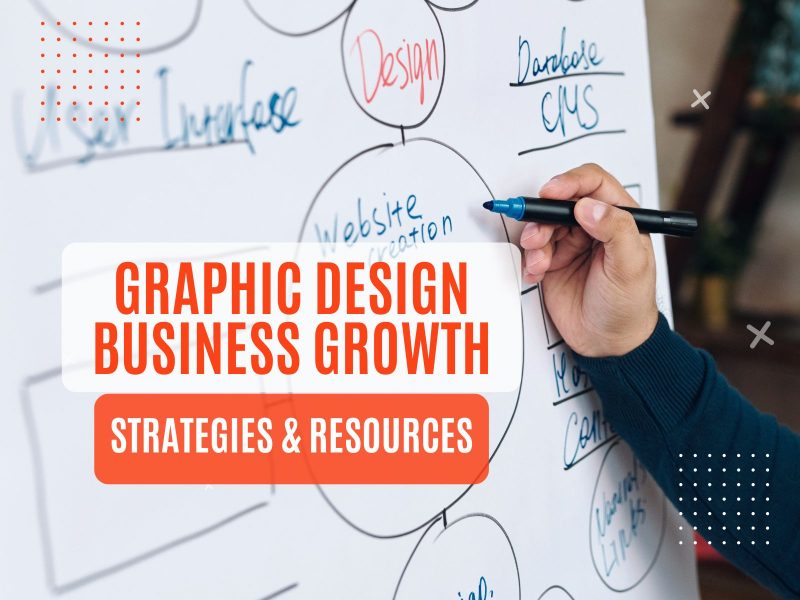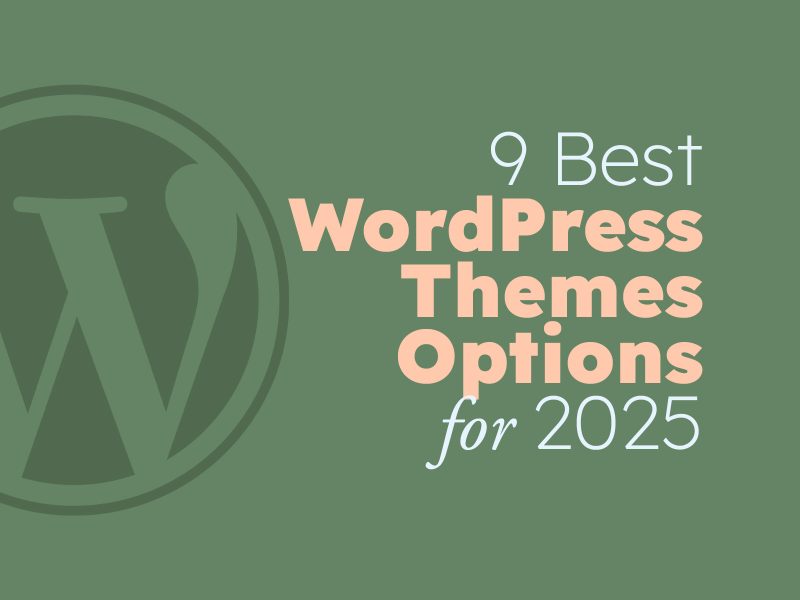The most innovative design ideas frequently begin with a blank screen. As a designer, you understand the stress of gazing at that blank space in the hopes of that inspiration to arrive before the deadline.
It’s so common to feel trapped in a creative rut, particularly when you feel like you have run out of creativity.
But what if you could use easy-to-implement yet powerful tactics to get over that obstacle?
We’ll look at doable, practical ways to increase your design creativity in this article. These pointers can help you unleash your creative potential and create original, powerful designs, regardless of your level of experience in the industry.
Are you prepared to dive into new ideas again? Now let’s get started!
The article covers the following:
Understanding Creativity In Design
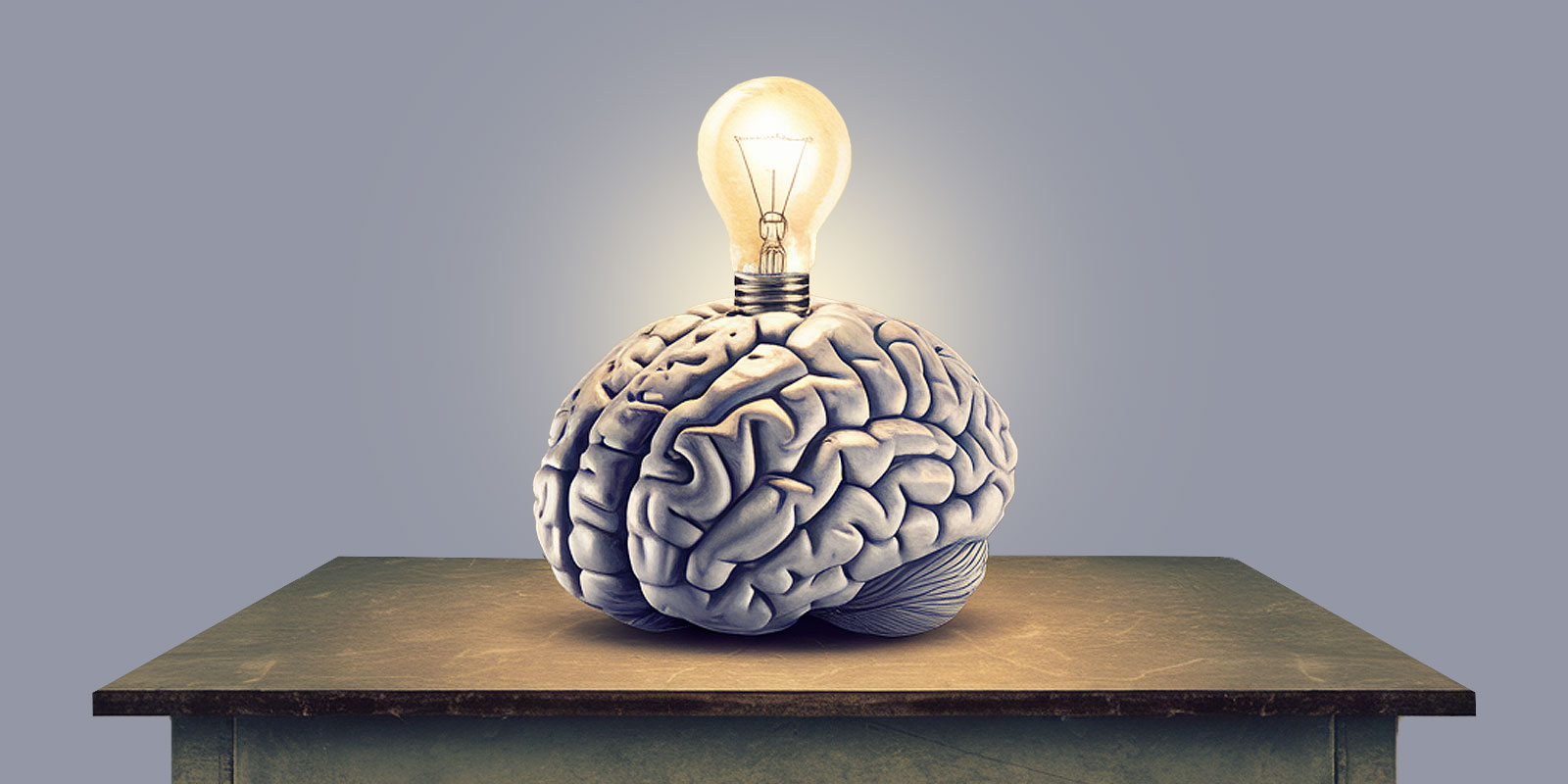
Prior to delving into the concrete procedures, it is vital to comprehend the true meaning of originality in design.
Not only can creativity involve coming up with something original, but it also involves finding unique and exclusive solutions to problems and drawing connections that others might miss.
It involves a blend of creativity, ingenuity, and unconventional thinking.
Why Creativity Matters In Design
The base of design is creativity. It’s what distinguishes your work from others and enables you to convey concepts in ways that are so-called visually appealing.
Here’s what explains the importance of creativity:
- Originality: It’s a competitive market. Creative design sticks out. It lends your design piece a distinctive appeal and that’s what draws your clients or audience.
- Problem-Solving: The word is full of problems including design. Every design or art piece is a concept of imagination. And imaginations differ. Using your creativity, you can tackle problems from several perspectives. So, you’ve got to come up with innovative, practical solutions.
- Emotional Connection: At the same time, the living beings are emotionally connected. And creative designs resonate with people on an emotional level. To make your work work, you’ve to make it more memorable and impactful.
Five Simple Strategies To Boost Your Creativity
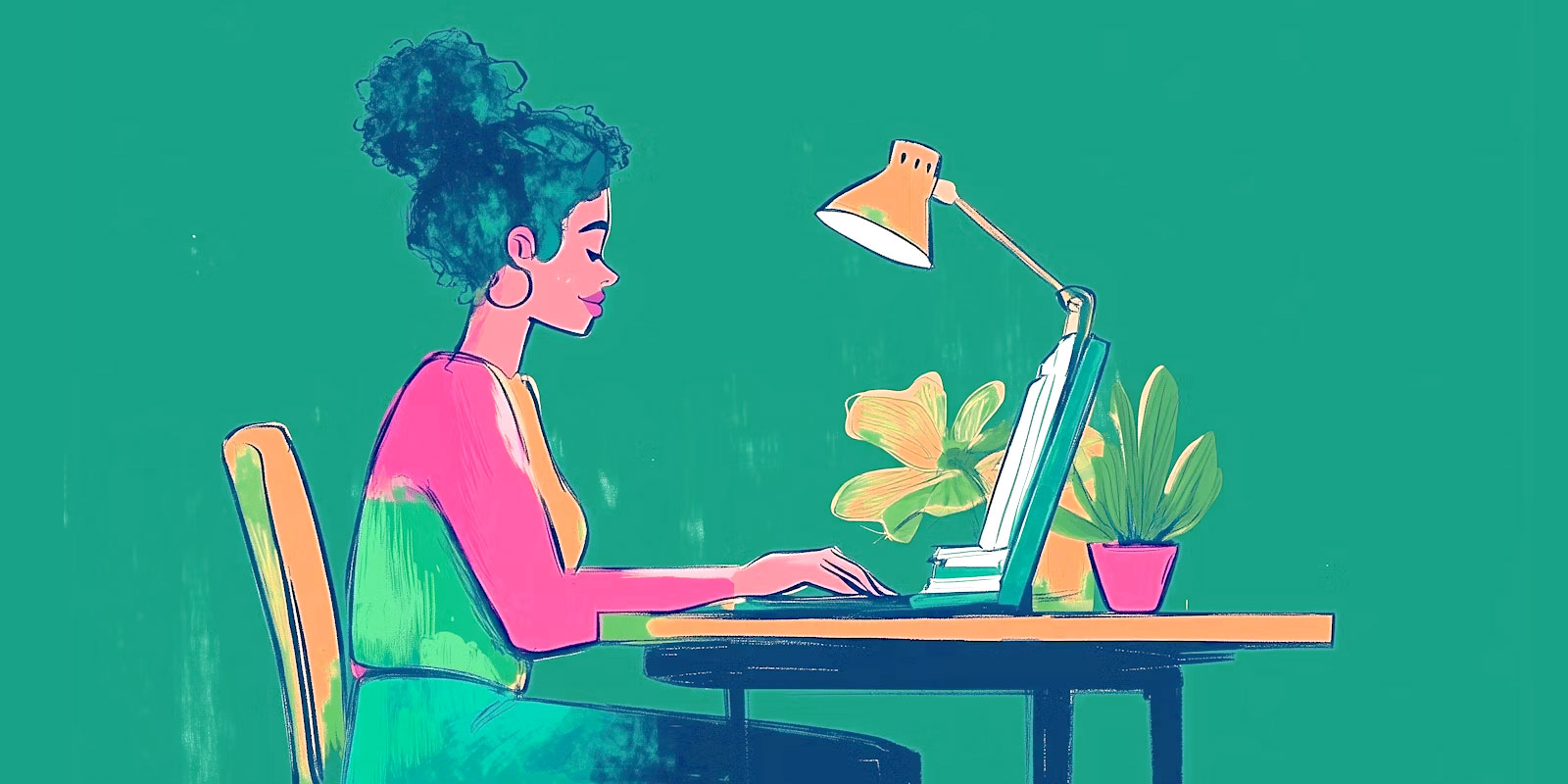
Prior to delving into the concrete procedures, it is vital to comprehend the true meaning of originality in design.
Not only can creativity involve coming up with something original, but it also involves finding unique and exclusive solutions to problems and drawing connections that others might miss.
It involves a blend of creativity, ingenuity, and unconventional thinking.
1. Embrace Constraints
Contrary to popular belief, limitations can actually foster creativity. Limitations compel you to think more imaginatively, whether they are strict client requirements, a limited colour palette, or a tight timeline. You are forced by constraints to look for novel approaches and concepts that you might not have otherwise.
How to Use Constraints: Establish ground rules for your design project, such as sticking to a single typeface or utilising a maximum of two colours. You’ll be forced to think of innovative ways to work within these restrictions.
2. Draw Inspiration From The World Around You
Well, inspiration is spread all across. Take a moment to step away from your screen and look around you, the micro world. Ideas can be sparked by everyday things like architecture, furniture, pets, non-living things and even nature, the great inspirer.
Practical Exercise: Get a notebook or camera and go for a stroll. Take pictures of anything that draws your attention, such as a striking pattern, mix of colours, or shape. Take inspiration from these observations for your upcoming creative task.
3. Put Mind Mapping To Use
Mind is what make everything visible behind your eyes. Now, it’s time to bring the visuals before your eyes with the help of mind mapping.
It is an effective method for coming up with ideas. It facilitates the visual organization of your ideas and allows you to experiment with various design choices.
How to Mind Map: Well, how do you mind-map or map your mind? Just begin with a core notion (such as the project theme) and expand it using keywords, concepts, and images. Don’t be afraid to express yourself. Let your thoughts roam and write down whatever comes to you. This procedure often results in unexpected and fascinating design ideas. You try this and you will bet!!
4. Collaborate With Others
You can’t ignore this. As said: man is a gregarious animal and so are the ideas. The greatest ideas are occasionally the result of teamwork. You can gain new insights and develop a new perspective. So, work by collaborating with other creatives.
Collaboration tips: Join design communities that interest you. Take part in collaborative projects. Or just have a brainstorming session with a coworker or your team. Ask for constructive criticism. It’s a real creative goldmine and a deal breaker. Don’t be hesitant and don’t be shy.
5. Try Out New Tools And Techniques
Creative stand-still is a result of using the same resources and techniques repeatedly. Try experimenting with new design tools, techniques, or media to shake things up.
Top of the list is AI. Artificial Intelligence. Every other week or month, you hear a ton of news of new AI tools and resources. You can try new AI image generators, AI video generators, article generators, chit-chat with AI bots, quotes and code with AI and more.
If not, you can take a try drawing by hand if you often work digitally. A more conventional approach. Or, an iPad is a best friend for a digital artist. This is a practical exercise.
Try your hand at 3D design if you’re comfortable working with 3Ds, animations, product presentations or ad vids.
Adobe Illustrator or any other vector tool can be your best creative-friend for vector graphics.
Overall, push yourself beyond your comfort zone and it can lead to new creative possibilities.
How To Overcome Creative Blocks
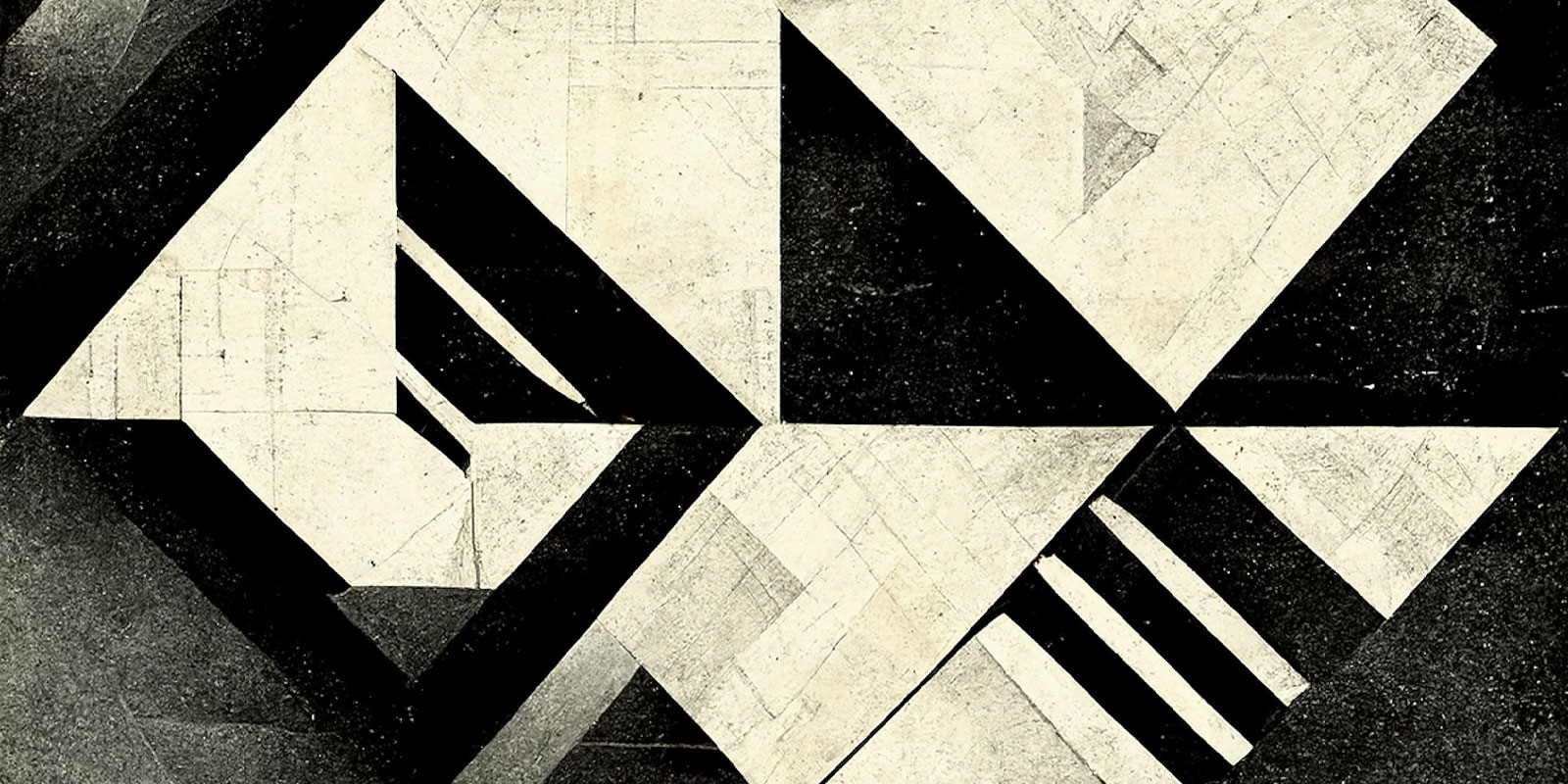
Every designer experiences a creative block at some stage in his or her career. The important point is how undeterred you are and what effective strategies you’ve in place to navigate through.
1. Change Your Surroundings
Occasionally, a simple change in you environment can facilitate the breakthrough. It’s just like putting things in perspective. Example: trying a different location or even reorganizing your current workspace can provide a mental reset.
Practical Suggestion: Consider working in an alternative setting—such as a café, a park, or another room in your home. New surroundings can help with fresh ideas.
2. Take Intervals
When you face a block, take a step back from your work. It proves to be the most effective approach. As said: when there’s a block in the road, take a detour. Breaks allow your mind to rest and rejuvenate. It can lead to fresh perspectives upon getting back to your task.
Break Techniques: Implement the Pomodoro Technique. It’s all 25 minutes of concentrated or focussed work followed by a 5-minute break. Take a brief walk to refresh your thoughts. Or have a cup of cappuccino.
3. Review Previous Work
Some say nostalgia is not-a-tale. Reflecting on your past projects can serve as a catalyst for creativity. You may discover new aspects from your earlier works. You can analyse the strengths and weakness in your past projects and can adapt or enhance to take on the current design challenges. You can even hire a graphic designer to create designs for you or even review your designs.
How to Expand Your Creative Horizon
1. Keep Curiosity And Get Knowledge
Curiosity is the blood of creativity. Cultivate the habit of learning new things, whether it pertains to design or an entirely different fields.
Expanded the base of your knowledge and experiences. It enables you to forge more innovative links.
Continuous Learning: Learning should be lifelong till you are dead. It may sound too harsh and too much. But it’s the fact no one denies. We die, knowledge continues to live.
Participate in workshops, enroll in online courses, or gain learning from books and articles. Diversify your subjects. Engaging with non-design topics. They yield valuable perspectives that can enhance your creative itch, rather thirst.
2. Engage With Creative Influences
Thrust yourself in environments filled with inspiration. Engage with artistic individuals and visit cultural spaces.
Attend design exhibitions, participate in creative events, and network with fellow artists.
Increased exposure to creative expressions stimulates new ideas.
Practical Suggestion: Organize a “mood board” featuring your favourite designs, artworks, and photographs or even mockups and templates. This visual compilation can act as a source of continuous inspiration whenever you seek a creative boost.
3. Set Clear Goals
A clear goal is half the creativity. Why not full creativity? Because even if you have a “solid” goal, creativity is “fluid” or “unstable”. You can’t have creativity continuously in your pocket. Everything has a shelf-life, even creativity.
You can’t be the same creative person in this age of AI that you’d been 10 years ago. A big chunk of the way of life has changed, if not everything. That’s what we are discussing in this article: how to get back to the creative track or how to overcome the shelf-life of creativity.
But, having a well-defined objective or goal can spark your imagination. Whether it’s a personal project or a work-related issue, understanding your goal keeps you focussed and driven towards the meteors of changes in creative AI heading to us superfast.
Setting Goals: Divide your project into smaller, achievable tasks with set deadlines. This approach helps you maintain your focus. And ultimately offers a feeling of achievement when each milestone is successfully reached.
4. Celebrate Your Success
Acknowledge and celebrate your success. No matter how small or big it is. It brings positive feeling and boosts self-esteem. Keeps you motivated to explore further in your creative journey. After all we humans need appreciation.
How to Celebrate: Celebration doesn’t mean cake-cutting and drink sipping or having a delicious dinner. It’s a pause with a feeling of achievement. Share your creations with others, treat yourself. A pondering on positive vibes to inspire your future creative projects.
5. Engage With A Creative Network
As a designer, you are not on a solitary path. It’s a journey through the thick and thins of creativity, achievement, failure, rebuilding, keep-going, inspiring, getting inspired and shaping the legacy for future designers. Isn’t it too much or too wordiness? Yep, but why not. Mull over it.
Engaging with a community of fellow designers can offer support and promote your motivation and perspectives.
Whether it’s through an online discussion board, a neighbourhood design club, or a creative social media platform, connecting with other designers can maintain your inspiration and drive.
Awe, yah! Time flies. We’ve got to the end of this article. But it’s not the end, if not the end. The list goes on. The designers are born.
Conclusion
To boost your creativity, it’s not magic. But you don’t need supernatural powers to be creative. It’s a straightforward approach to think forward and being open to discovering fresh concepts. You’ve limitations, but motivation is in your surroundings. It’s up to your imaginative capacity that you harness and align with the new AI tools and resources within your screen or off the screen.
Overall, the path to creativity is ongoing, not the final destination. Keep striving to expand your limits, push yourself through to adapt how others are excelling. So, the next time, you face the empty screen, be ready to fill it with something remarkable.




